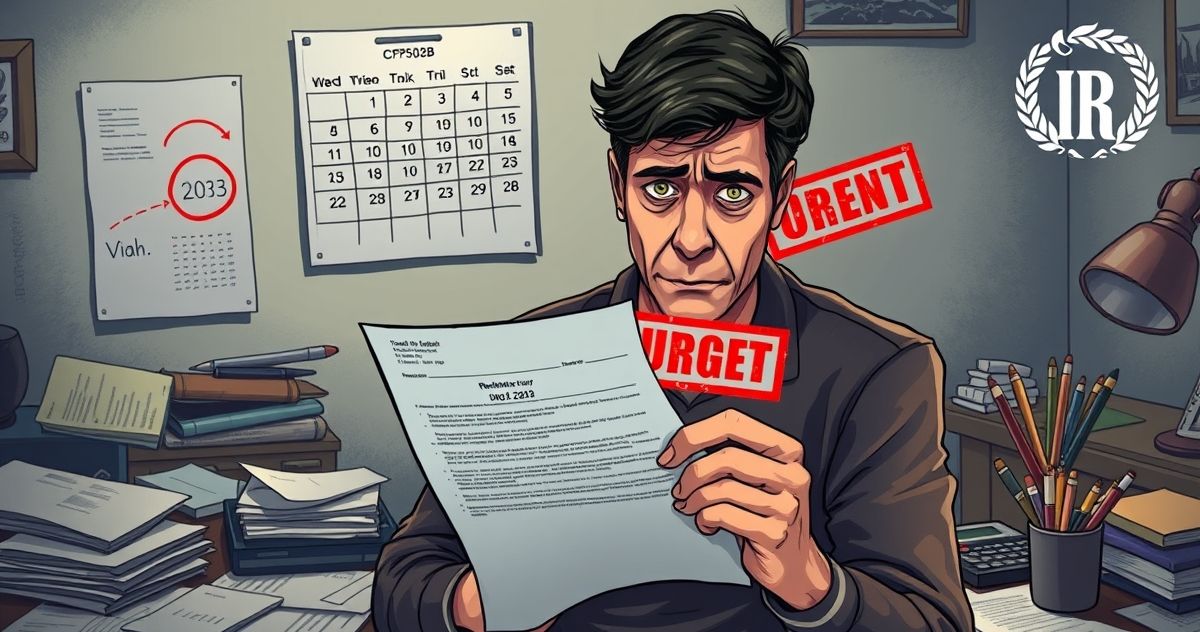What is the CP503B Reminder?
The CP503B Reminder is an official notice sent by the Internal Revenue Service (IRS) to taxpayers to remind them of overdue tax payments. It serves as an early warning in the tax collection process, prompting individuals to address their outstanding balances expediently. By understanding the CP503B Reminder, taxpayers can better navigate the complexities of financial compliance and mitigate potential legal and financial repercussions.
Primary Purpose of the CP503B Reminder
This notice is typically issued after the initial CP501 Notice when the taxpayer has not responded or settled the due tax amount mentioned therein. The CP503B acts as a more urgent reminder, highlighting the importance of addressing the debt to avoid severe consequences. Its primary aim is to encourage taxpayers to resolve unpaid liabilities before the IRS takes more stringent collection actions.
Key Features or Components of the CP503B Reminder
- Outstanding Balance: Clearly states the overdue amount and any accrued interest or penalties.
- Deadline for Payment: Specifies a due date by which the taxpayer must respond or pay the amount due to prevent further escalation.
- Payment Options: Provides various methods for settling the debt, such as online payments, mail, or electronic funds transfer.
- Contact Information: Includes IRS contact details should the taxpayer need assistance or wish to discuss payment arrangements.
Relevant Filing or Compliance Requirements
Once a taxpayer receives a CP503B Reminder, it is imperative to review the details and compare with their records. Compliance requires timely acknowledgment and payment of the overdue taxes to avoid additional penalties. Taxpayers might also need to verify the accuracy of their tax return filings for potential discrepancies that could have led to the notice.
Penalties or Consequences for Non-Compliance
Ignoring the CP503B Reminder can result in further letters from the IRS, each escalating in urgency and potential consequences. If the balance remains unpaid, individuals risk confronting higher penalties, accrued interest, and more severe measures, such as tax liens against personal assets or wage garnishments. In extreme cases, the IRS might initiate legal proceedings to recover the amounts owed.
Importance of the CP503B Reminder in Tax Resolution
The CP503B Reminder acts as a critical juncture in the IRS’s attempt to recoup unpaid taxes. For taxpayers, taking prompt action upon receiving this notice can prevent more aggressive collection efforts and the anxiety associated with unresolved tax issues. It is crucial not only for maintaining financial health but also for ensuring compliance with federal tax obligations. Those in receipt of a CP503B Reminder should prioritize assessing their financial standing and exploring options such as installment agreements, Offers in Compromise, or seeking professional tax assistance if needed.
Understanding the CP503B Reminder not only helps in avoiding increased financial pressures but also supports the development of better tax habits—encouraging proactive management of financial responsibilities and engagement with tax obligations to safeguard against future occurrences.

